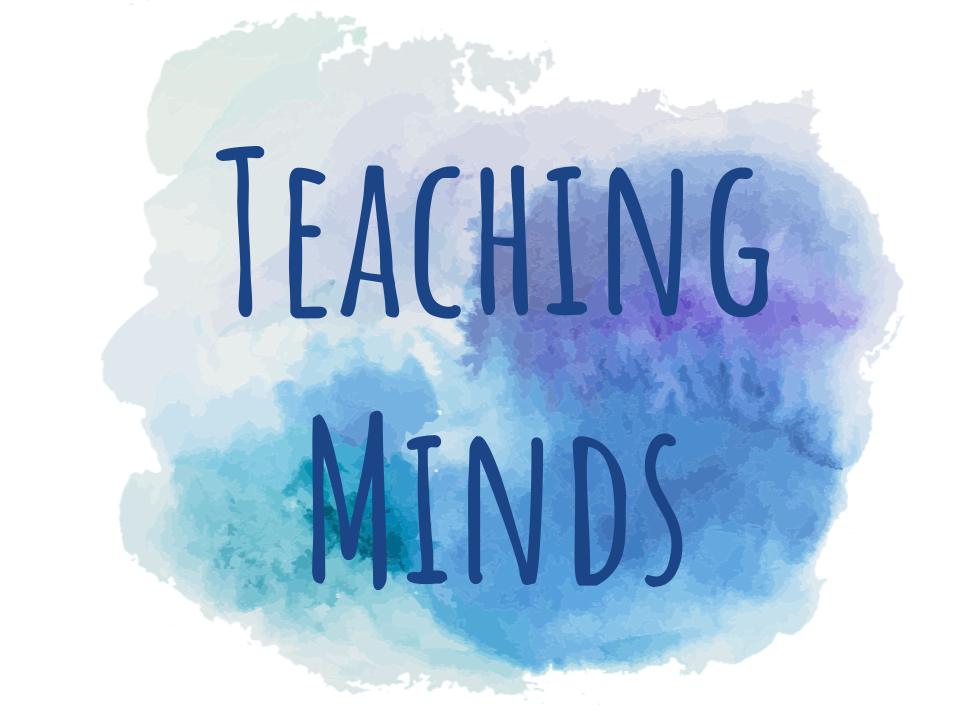In the summer, I completed my MSc Dissertation “Are School Based Self-esteem interventions effective in improving the self-esteem of adolescents?”
It’s not, perhaps, the research question I would have chosen had I had free choice (the course had a fairly structured process of selecting a question from a number of options) but as I delved into self-esteem, I began feeling that the understanding of the concept and findings from research could be applied to so much of what we try to achieve with our young people in schools (or elsewhere!) My heightened understanding of self-esteem will certainly impact the way that I teach moving forwards (which, on a side note, will be with a Year 4 class when I return from maternity leave next month!). This post is therefore an attempt to summarise some of the key insights I gained alongside ways in which they can be applied in schools.
The research question specifies adolescents, an age range generally seen as being beyond the scope of primary education and one in which self-esteem is under greatest attack from all sorts of sources (hormones, changing identity, primary-secondary school transition etc etc). Although interventions which raise self-esteem may be best targeted at this group, when it comes to taking preventative measures, it is likely to be better to start before this tumultuous time (i.e. in the primary school). Arguably, for the development of certain mindsets and self-support strategies, the earlier these are built into our repertoire, the better!
So what is self-esteem?
Self-esteem is most accurately defined as a combined sense of self worth and feelings of competence.
In the words of Nathaniel Brandon in his book The Six Pillars of Self-esteem. Self esteem is:
- Confidence in our ability to think, confidence in our ability to cope with the basic challenges of life; and
- Confidence in our right to be successful and happy, the feeling of being worthy, deserving, entitled to assert our needs and wants, achieve our values, and enjoy the fruits of our efforts.
Why should we care about self-esteem?
Our sense of self-esteem has huge implications for how we show up in the world. It can affect how much of our potential we use, our willingness to takes risks and the formation of close relationships just to name a few.
Again, in the words of Nathaniel Brandon:
“Self-esteem creates a set of implicit expectations about what is possible and appropriate to us. These expectations tend to generate the actions that turn them into realities. And the realities confirm and strengthen the original beliefs.”
“Positive self-esteem could be seen to be the immune system of our consciousness, providing the resistance, strength, and capacity for regeneration… a healthy self-esteem does not guarantee that one will never suffer anxiety or depression in the face of life’s difficulties, but makes one less susceptible and better equipped to cope, rebound and transcend.”
How can schools develop healthy self-esteem?
As self-esteem is built of the combined sense of competence and worth, our schools should be supporting self-esteem targeting both of these domains/
Competence
Competence could be equated with feelings of success, so I will use both words interchangeably. A few years ago, I highlighted this phrase from some PD with Mary Myatt and believe it succinctly sums up how we can go about promoting feelings of competence or success in school:
“Self esteem is built when children do challenging things over time with only necessary support”
Most schools can probably easily bring to mind ways in which they promote success. However, it is worth thinking about some of the following questions
- Are we allowing everyone to feel successful? How about if the students fall outside the more normal range of ability? Are neurodivergent? Have behavioural issues?
- Are we narrowing our focus on academic success? For some students, this will never be easy. Noticing strengths and promoting feelings of success outside of this range may be essential in developing a real sense of competence. Conversely, some students may find academic success comes too easily. Feeling success in areas that may be more of a challenge to them (e.g. sports, public speaking, leadership opportunities) may have more impact than finding them more challenging academic work.
Worth
Developing children’s sense of self worth is arguably much harder. It is something that will have been influenced by all sorts of factors, many outside of our control: the home environment, attachment security, bullying, prejudice, a sensitive disposition, to name just a few examples.
So it may be more of a challenge, but certainly not impossible. Current research highlights a few practices that can be particularly effective in changing the inner voice of our young people. Our inner voice is powerful! If we are able to recognise it for what it is: a good story-teller but not always entirely factually accurate, we may be halfway to creating the foundations from which a stronger sense of self worth can grow.
Research backed practices:
Cognitive Behavioural Therapy (CBT) Strategies
CBT has a strong reputation increasing self-esteem in clinical settings. Increasingly, people are recognising that the strategies involved can be taught outside of traditional 1:1 talking therapy. Some of the most effective interventions mentioned in my dissertation taught strategies from CBT to group settings, including the idea of recognising and challenging unhelpful thoughts and building greater awareness of behavioural patterns.
Mindfulness
My personal favourite for my own mental health. Similarly to CBT, mindfulness encourages greater awareness of thoughts and behaviours. It also has a strong reputation for supporting many aspects of mental health and as a result, there are an increasing range of programmes developed specifically for young people. In my experience, the adults facilitating mindfulness training need to have some kind of practice themselves (this is also recommended in a few mindfulness programmes such as MISP). This can make it challenging to embed school wide if staff do not buy in though.
Growth Mindset
I have already written about the benefits of a growth mindset and the way I tend to approach it in my classroom. A culture of growth mindset could be a great compliment to the above approaches, especially when faced with the challenges of understanding and taming the mind.
A final note…
I believe that the way we speak to our students, the relationships we build and the culture of our classrooms and wider school community may have an impact on self-esteem equal to or even greater than the practices outlined above, though they can be much harder to quantify. Where specific practices are used, a supportive school culture can ensure that they stick. Ideally, these should be school wide practices, used alongside an openness about mental health and an awareness of factors that impinge on healthy self-esteem and wellbeing. A sense of acceptance and belonging to one’s community should not be understated, having enormous implications for a whole host of factors related to wellbeing, not least of all self-esteem.



